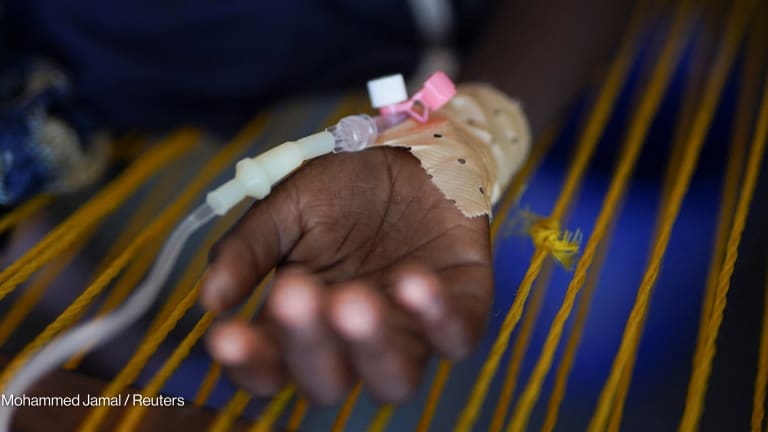There is no doubt that Ebola was 2014’s biggest health emergency, which required — and continues to command — a massive response from the World Health Organization and the wider international community.
But it was not the only emergency that demanded WHO’s attention and resources over the course of the past year.
During the special session of the executive board on Ebola in January, member states requested the health agency submit a report containing information on all Grade 3 emergencies the organization responded to as from May 2014. This included all Level 3 emergencies under the U.N. Inter-Agency Standing Committee. The request stemmed in part from the public perception and media reports that WHO’s initial limited response and reduced capacity to orchestrate a response to the Ebola outbreak was also partly due to the organization responding to multiple simultaneous crises.








